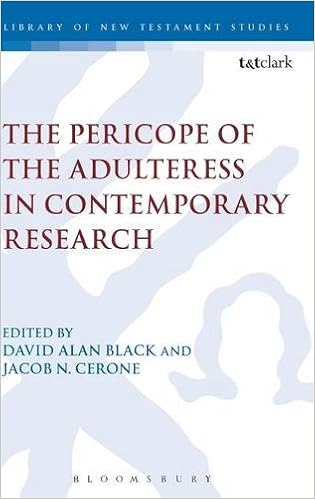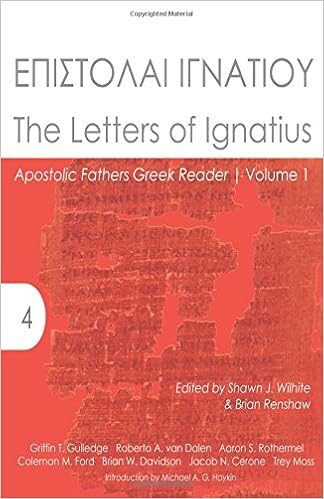I have been reading through some commentaries on the book of Ephesians. Two of the commentaries, authors to rename nameless, are of interest for this post and will be referred to as A and B. I am putting forth two specific quotes from each author. Determine for yourselves how similar they are to one another.
God’s wrath is not like man’s. It is not bad temper, so that he may fly off the handle at any moment. It is neither spite, nor malice, nor animosity, nor revenge. It is never arbitrary, since it is the divine reaction to only one situation, namely evil. Therefore it is entirely predictable, and it is never subject to mood, whim, or caprice. Further, it is not the impersonal outworking of retribution in society, ‘an inevitable process of cause and effect in a moral universe,’ whether through social disintegration or through the administration of justice by the law courts or in some other way, as C.H. Dodd argued in his famous Moffatt commentary on the letter to the Romans.
–A
Compare that with the following:
The ‘wrath’ in view is God’s holy anger against sin and the judgment that results. It is neither an impersonal process of cause and effect, nor God’s vindictive anger, nor unbridled and unrighteous revenge, nor an outburst of passion. Wrath describes neither some autonomous entity alongside God, nor some principle of retribution that is not to be associated closely with his personality.
-B
The next set of quotations comes from the beginning of a new section, Ephesians 2:4.
Verse 4 begins with a mighty adversative: But God…These two monosyllables set against the desperate condition of fallen mankind the gracious initiative and sovereign actions of God. We were the objects of his wrath, but God, out of the great love with which he loved us had mercy upon us.
-A
The magnificent change which God has effected is jubilantly sounded forth. His gracious initiative and sovereign action stand in wonderful contrast with the hopeless condition of fallen humanity which has been described in vv.1-3. Men and women outside of Christ were the objects of divine wrath, but God had mercy on them.
-B
[edit: I am going to add another quote here since I came across it after I posted this.
Paul goes beyond a description of God’s saving action; he gives us some understanding of his motivation. Indeed the major emphasis of this whole paragraph is that what prompted God to act on our behalf was not something in us (some supposed merit) but something in himself (his own unmerited favour). Paul assembles four words to express the origins of God’s saving initiative.
-A
What prompted God to act so freely and mercifully on our behalf? Using four groups of words, the apostle shows that the origins of God’s saving initiative are to be found in his…
-B
]
Now, I’m not saying that B has outright plagiarized A. After all, he cited A not but a few paragraphs before these instances. After intense hours of study, it is difficult to discern where one commentator’s thoughts end and another begins. It is more difficult to discern whether the words that flow from you when writing are your own or fragmented thoughts from the sources you recently read. Nevertheless, while I’m not saying he’s plagiarized…it seems like he is close to that line if not over it.
[[Edit: Eerdmans has since rescinded this title and others due to their findings that they contain plagiarized material. You can read about that here.]]








